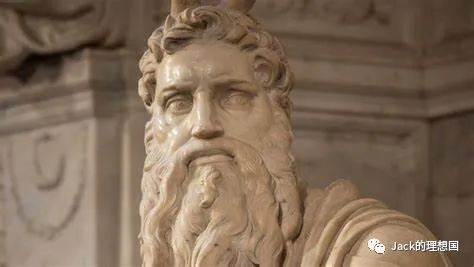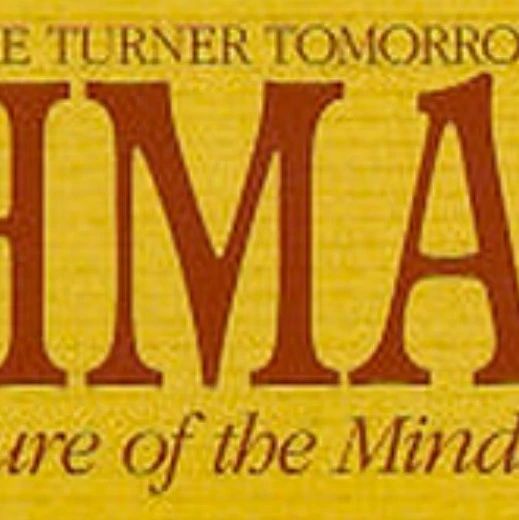Ishmael 2 - The Need for Prophets 对于“先知”的需要

(Moses, one of the most well-known prophets)
(摩西,最著名的先知之一)
I believe we need prophets, but not necessarily because they know how to live life. In my belief system, a prophet can be a person who possesses insight, such as Socrates, or it can represent a set of ideas that guide our behaviors, such as the inherent moral rules within a society.
From an individual perspective, the current world is too complex to navigate without the guidance of some prophet. When born, we are exposed to many different social rules, explicit or implicit, and uncertainties. It is incredibly strenuous for a person to figure everything out with their wits or experience. Here, a prophet-like entity that is more powerful is imperative. For example, we need moral rules that act as “prophets,” sending the messages of society to guide our behaviors so that we do not get “abandoned” or severely “punished” by society. Living harmoniously with others in a community setting is impossible without relying on these moral rules.
From a more holistic perspective, humankind needs prophets to push it back onto the right track. It is difficult to imagine a peaceful, meaningful world if prophetic figures such as Socrates, Plato, St. Thomas Aquinas, or Bertrand Russell had not existed. These men had the capability to see farther and look at situation from a broader picture to capture the truth. The presence of them has kept some of the disruptive or destructive forces of human nature at bay and provided solutions in dilemmas. For instance, as a response to Athenian democracy’s chaos, Plato wrote The Republic to seek a prophetic remedy. His work has proved to be hugely influential, serving as a mirror that political leaders globally can use to diagnose the internal symptoms of their polities.
From both the individual and the human race perspectives, it appears that prophets have been firmly important. They do not necessarily “teach” how to live life but rather serve as inspirations to seek for in this volatile and fragile world.
我相信我们需要先知,但不一定是因为他们知道如何生活。先知可以是一个拥有洞察力的人,比如苏格拉底,也可以代表一套指导我们行为的思想,比如一个社会中固有的道德规则。
从一个个人的角度来看,目前的世界太复杂了,如果没有一些先知的指导,是无法驾驭的。当出生时,我们会接触到许多不同的社会规则,或明或暗,以及不确定因素。一个人要用自己的智慧或经验来弄清一切,是非常吃力的。在这里,一个更强大的类似先知的实体是必须的。例如,我们需要作为 "先知 "的道德规则,发送社会的信息来指导我们的行为,使我们不会被社会 "抛弃 "或受到严重 "惩罚"。如果不依靠这些道德规则,在社区环境中与他人和谐共处是不可能的。
从更全面的角度来看,人类需要先知来推动它回到正确的轨道上。很难想象,如果没有苏格拉底、柏拉图、圣托马斯-阿奎那或伯特兰-罗素这样的先知人物存在,会有一个和平、有意义的世界。这些人有能力看得更远,并从更广泛的角度来看待局势,以捕捉真理。他们的存在使人类本性中的一些破坏性或毁灭性的力量受到抑制,并在困境中提供解决方案。例如,作为对雅典民主制度混乱的回应,柏拉图写了《共和国》以寻求预言性的补救措施。他的作品被证明具有巨大的影响力,成为全球政治领导人可以用来诊断其政体内部症状的一面镜子。
从个人和人类的角度来看,先知似乎一直都很重要。他们(它们)不一定 "教导 "我们如何生活,而是作为在这个动荡和脆弱的世界中可寻求的灵感。
- 本文标签: 原创
- 本文链接: http://www.jack-utopia.cn//article/593
- 版权声明: 本文由Jack原创发布,转载请遵循《署名-非商业性使用-相同方式共享 4.0 国际 (CC BY-NC-SA 4.0)》许可协议授权










